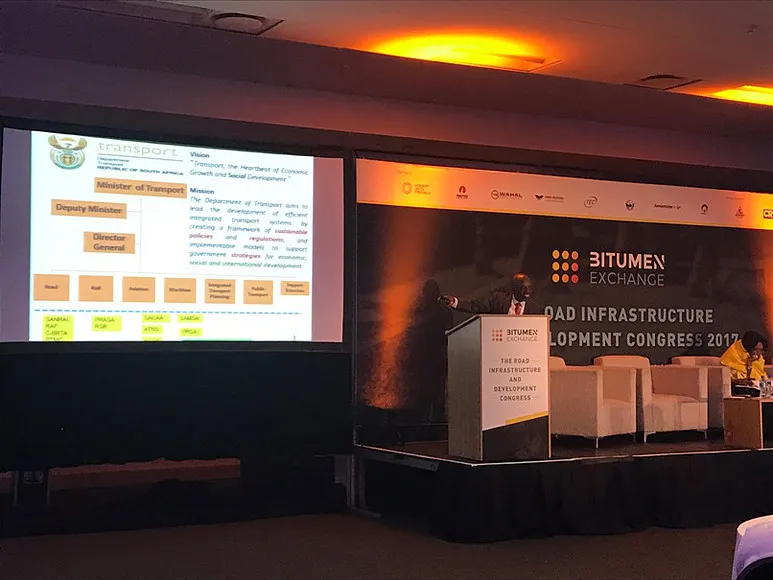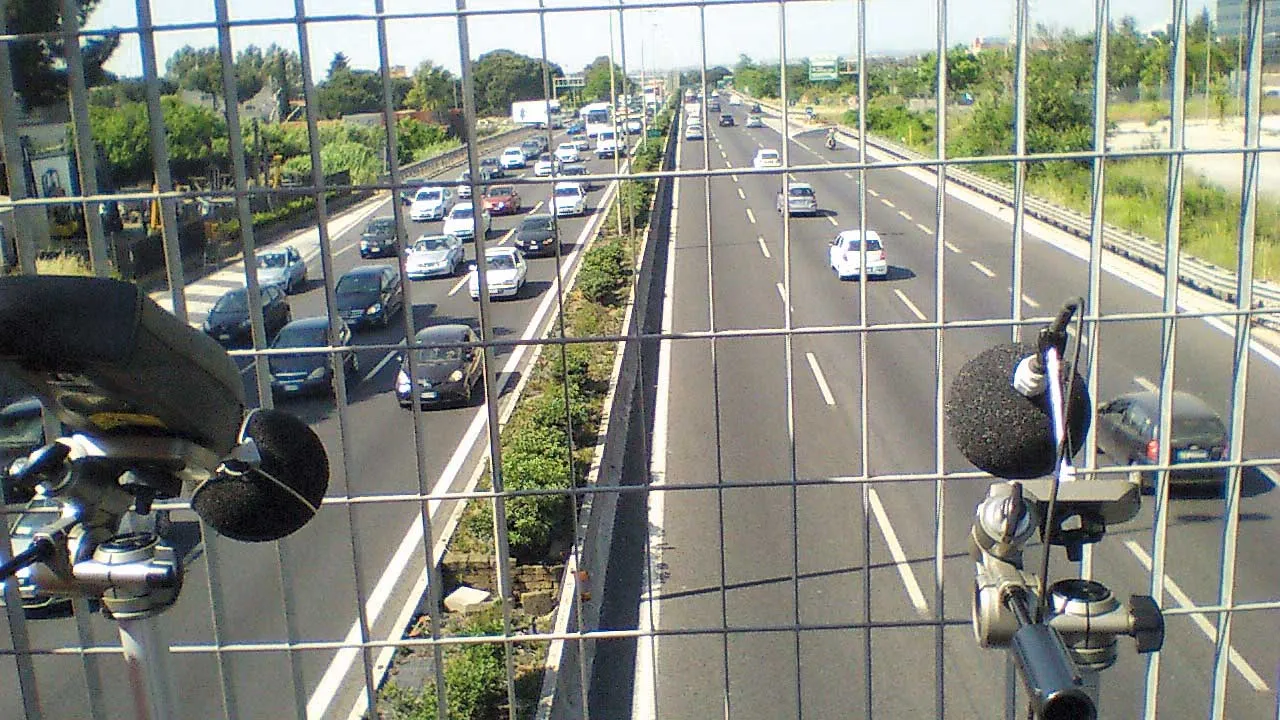The European Investment Bank (EIB) has released a significant study aimed at exploring and promoting Public-Private Partnerships (PPP) to fund critical infrastructure projects across nine countries in North Africa and the Middle East.
February 28, 2012
Read time: 2 mins
The 1054 European Investment Bank (EIB) has released a significant study aimed at exploring and promoting Public-Private Partnerships (PPP) to fund critical infrastructure projects across nine countries in North Africa and the Middle East. Aimed at highlighting the current PPP legal and financial frameworks the report reveals the benefits that PPP can bring. The study was prepared by the PPP and project finance teams of legal advisers Pinsent Masons and Salans, and financial advisers Mazars.
The report was announced at the 9th FEMIP conference on the 30th May 2011 in Casablanca, Morocco, the study demonstrates that PPP can be a viable option for specific, well-structured projects in many of the countries studied, and outlines the steps needed to boost its understanding and usage. Held under the theme: Mediterranean Infrastructure Challenges: the Potential of Public-Private Partnerships, the conference was attended by ministers, senior officials, and other PPP stakeholders from relevant countries, along with international PPP developers and funders. As an action point it launched a technical assistance programme for PPP in the Mediterranean region. Egypt, Jordan, Morocco and Tunisia have already been selected to receive EIB assistance in developing and managing pilot PPP projects. The study was carried out under the EIB's Facility for Euro-Mediterranean Investment and Partnership (FEMIP). Through FEMIP, the EIB channels funding, grants and advice for the development of the infrastructure and SME sectors in Algeria, Egypt, Israel, Jordan, Lebanon, Morocco, Syria, Tunisia, and the West Bank. The study reviewed the legal, institutional, regulatory, and financial factors for implementing PPP in each of these nine countries, with regional, individual country and international comparative assessments.
The report was announced at the 9th FEMIP conference on the 30th May 2011 in Casablanca, Morocco, the study demonstrates that PPP can be a viable option for specific, well-structured projects in many of the countries studied, and outlines the steps needed to boost its understanding and usage. Held under the theme: Mediterranean Infrastructure Challenges: the Potential of Public-Private Partnerships, the conference was attended by ministers, senior officials, and other PPP stakeholders from relevant countries, along with international PPP developers and funders. As an action point it launched a technical assistance programme for PPP in the Mediterranean region. Egypt, Jordan, Morocco and Tunisia have already been selected to receive EIB assistance in developing and managing pilot PPP projects. The study was carried out under the EIB's Facility for Euro-Mediterranean Investment and Partnership (FEMIP). Through FEMIP, the EIB channels funding, grants and advice for the development of the infrastructure and SME sectors in Algeria, Egypt, Israel, Jordan, Lebanon, Morocco, Syria, Tunisia, and the West Bank. The study reviewed the legal, institutional, regulatory, and financial factors for implementing PPP in each of these nine countries, with regional, individual country and international comparative assessments.








